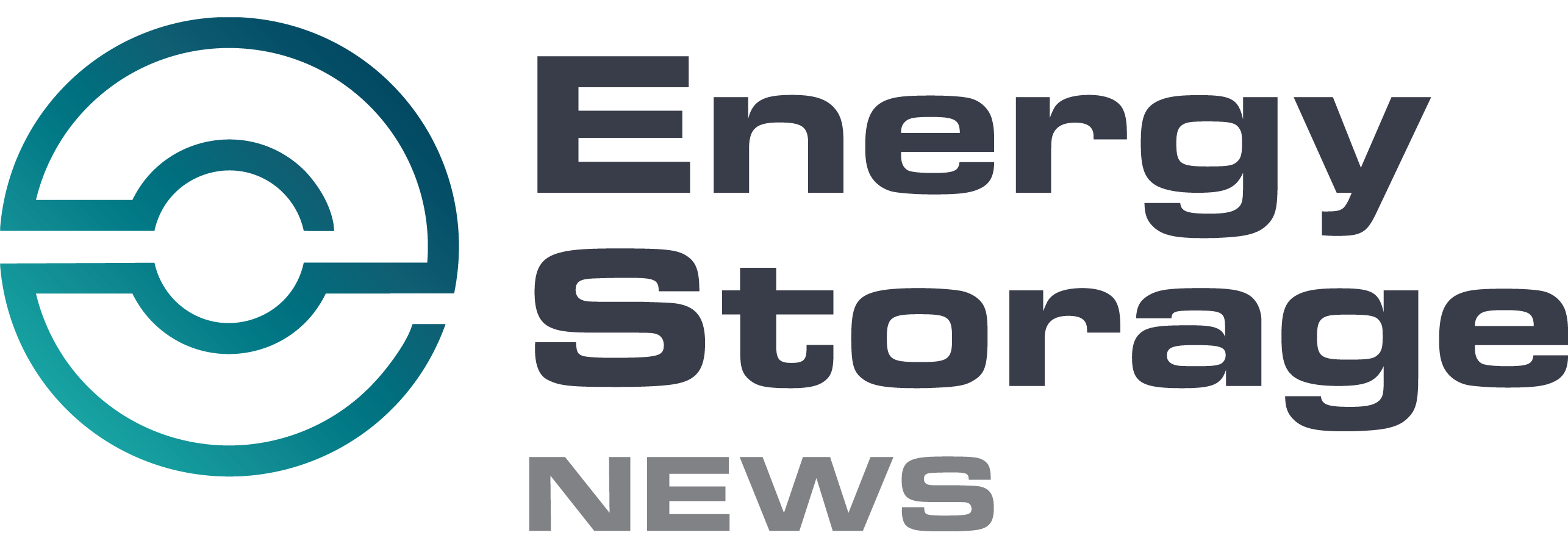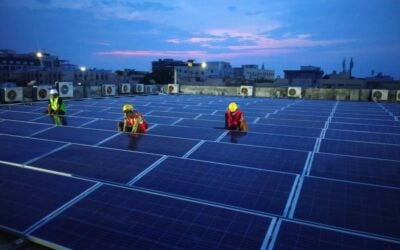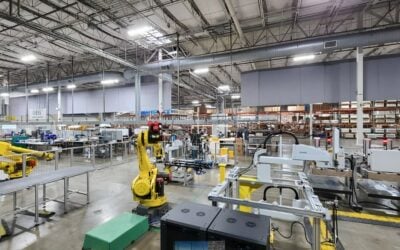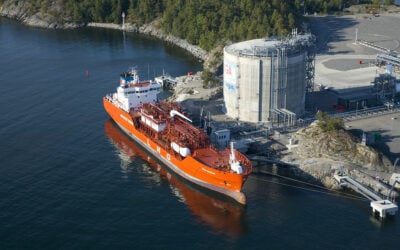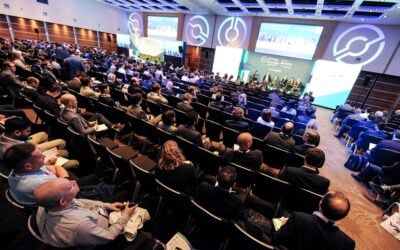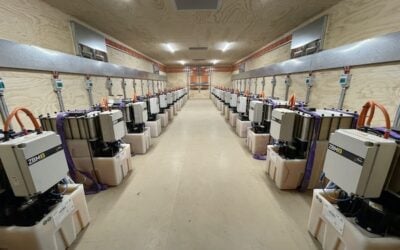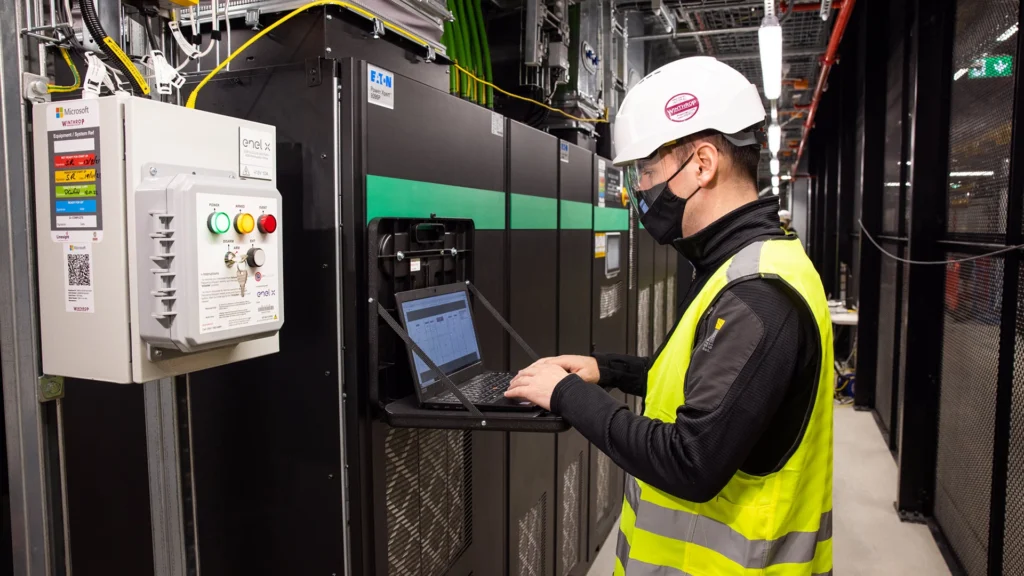
Tech giants Google, Microsoft, and US-based steel producer Nucor Corporation have issued a request for information (RFI) on projects using new and innovative clean electricity technologies.
The three companies seek to aggregate their demand for renewable and low-carbon electricity and develop new business models.
Enjoy 12 months of exclusive analysis
- Regular insight and analysis of the industry’s biggest developments
- In-depth interviews with the industry’s leading figures
- Annual digital subscription to the PV Tech Power journal
- Discounts on Solar Media’s portfolio of events, in-person and virtual
Or continue reading this article for free
The RFI was released last week (19 March) and aims to accelerate the development of first-of-a-kind and early commercial projects. Technologies could include new forms of geothermal energy, nuclear generation, and long-duration energy storage (LDES).
The focus of the RFI will be on pilot projects in the US and there is a preference for projects based in the PJM Interconnection service area. Projects should “ideally” be over 50MW capacity although aggregations of smaller projects would also be considered.
Technologies should be proven outside the lab, and likely have a technology readiness level of 6 or above. Full criteria can be seen at the RFI page.
The idea is that while these technologies could be needed to support the gaps in demand when solar PV or wind are not generating enough power, financing models to enable their widespread deployment are not yet mature.
The new initiative hopes to bring such projects online by the early 2030s, with technology costs to be reduced through repeated deployment.
The RFI intends to receive submissions over the next month and make decisions by mid-April this year on which projects will proceed to a due diligence stage. Notifications of intent to proceed with commercial discussions should be out by mid-June, and the first round of power purchase agreements (PPAs) concluded by the first quarter of next year.
Google and Microsoft are prolific buyers of renewable energy in the US, as readers of Energy-Storage.news and sister site PV Tech will likely be aware.
Both tech companies are members of the global Long Duration Energy Storage Council (LDES Council), a trade group and advocacy body convened to accelerate the deployment of technologies capable of storing and releasing energy cost-effectively over several hours.
Google and Microsoft are Anchor Members of the council, representing large entities with an interest in LDES, either as an off-taker or provider of capital. Other categories are Technology Providers, which, of course, provide the long-duration storage tech, and Service Providers, which could include EPCs, law firms, or other organisations supporting the energy transition to low-carbon sources.
Nucor, meanwhile, is the US’ biggest steel producer and, as such, is part of an energy-intensive industry often categorised as “hard-to-abate” when it comes to emissions due in part to the need for high-temperature heat. LDES Council-commissioned analysis has highlighted the massive need and opportunity for LDES technologies to provide industrial process heat in the global energy transition.
In other words, the trio represents some of the biggest energy buyers in the world, each with sustainability goals toward net zero and other environmentally based targets.
